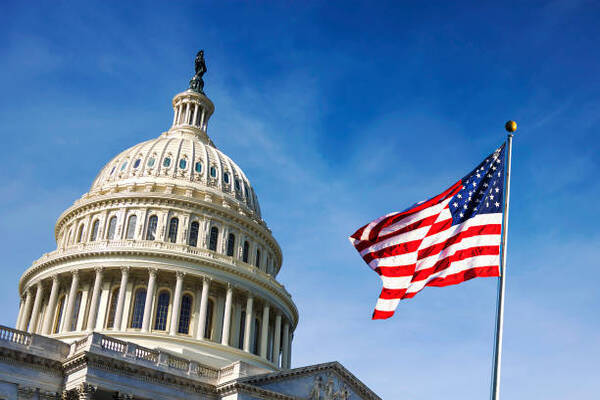≡-New US Visa Rules Demand Foreign Applicants Open Social Media Accounts To Government Scrutiny Or Risk Rejection – Viral of Today
<> Viral of Today <>
Thursday, June 19, 2025Foreign nationals applying for US visas now face strict rules requiring full access to their social media accounts as part of intensified government screening.The US State Department announced on Wednesday that it will restart the previously suspended processing of student visas for international applicants. However, the reinstated process comes with a new requirement: applicants must now grant access to their social media accounts for official review. According to the department, this measure aims to identify any online content that expresses sentiments considered threatening or antagonistic toward the United States, its government institutions, or its foundational values.The United States has officially resumed its previously suspended process for international student visa applications, introducing a strict new requirement for all applicants. To be considered for a visa, foreign students must now provide access to their social media profiles, allowing US authorities to conduct thorough online background checks.Under the updated guidelines, consular officers will examine social media posts, interactions, and messages to detect any content perceived as hostile toward the United States. This includes opposition to its government, institutions, cultural values, or founding ideals.In a notice made public on Wednesday, authorities confirmed that the earlier freeze on student visa processing—first implemented in May—has been lifted. However, the new policy emphasizes that applicants who decline to make their social media accounts publicly viewable during the screening process may face rejection. Authorities view refusals to provide social media access as possible efforts to hide online activity or circumvent the enhanced screening process.The suspension of visa interview scheduling last month was part of a broader effort to enhance digital surveillance of foreign nationals seeking entry to the US for educational purposes. With these tightened requirements now in place, the government is significantly expanding its scrutiny of online behavior to assess potential risks associated with admitting international students.International students have been eagerly awaiting the reopening of US consulates for visa interview appointments, as time runs short to finalize travel plans and secure housing before the academic year begins.Aspiring students from countries such as China, India, Mexico, and the Philippines have taken to social media to share their ongoing efforts to track visa appointment updates. Many have been closely monitoring booking platforms and scrutinizing State Department briefings in hopes of learning when interview slots will become available again.International students pursuing education in the United States have found themselves under heightened scrutiny, particularly during the Trump administration. In the spring, thousands of students had their permission to remain in the country revoked—some for minor infractions such as traffic violations—before the decision was unexpectedly reversed. Simultaneously, the administration broadened the criteria under which foreign students could lose their legal status, creating further uncertainty within the academic community.Targeting prestigious institutions, the Trump administration launched a high-profile campaign against Harvard University, attempting to block foreign students from enrolling. The move was widely viewed as a political maneuver, given that international students contribute significantly to Harvard’s tuition revenue and account for roughly a quarter of its student population. Trump also publicly advocated for capping Harvard’s foreign enrollment at 15%, stirring controversy in academic and diplomatic circles.In a broader effort to tighten immigration controls, the Trump administration called on 36 countries to enhance their traveler vetting systems. Nations failing to meet US expectations within 60 days were warned they could be added to the existing travel ban list, which already includes 12 countries. A diplomatic cable issued by the State Department over the weekend detailed the ultimatum, signaling that non-compliance could lead to far-reaching travel restrictions for their citizens.
This information will surprise you!
See also
- Read until the end to discover everything.
- Important information you need to know.
- Interesting facts and helpful tips.
Conclusion
Did you enjoy the news? Keep following us daily!













